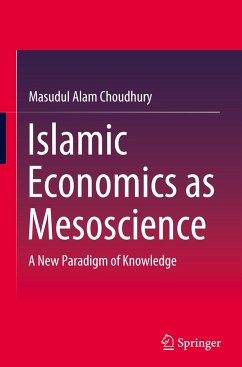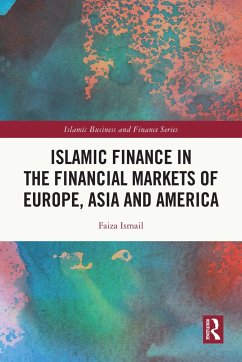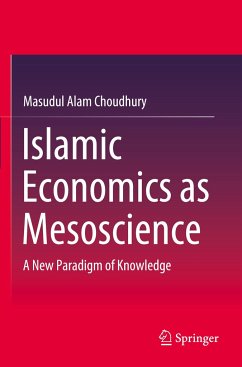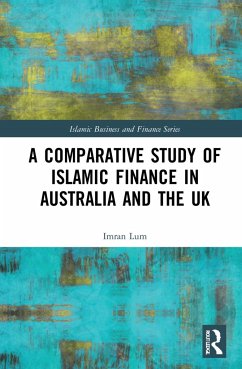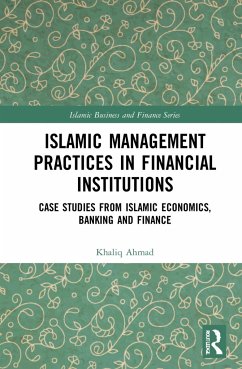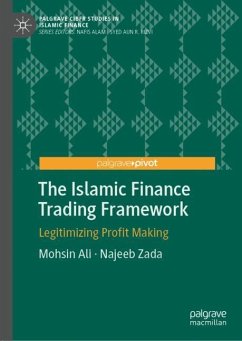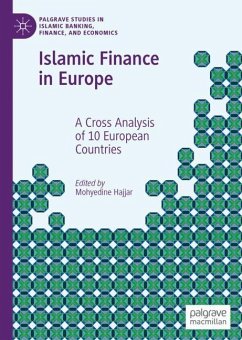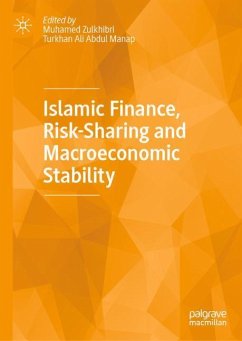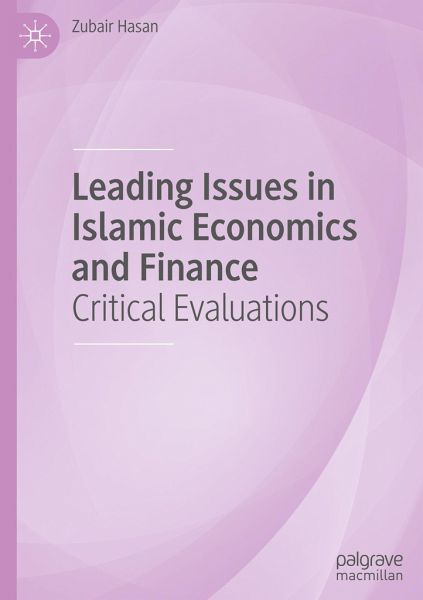
Leading Issues in Islamic Economics and Finance
Critical Evaluations

PAYBACK Punkte
49 °P sammeln!
The book discusses leading issues in Islamic economics and finance that continue to remain in a fluid, non-consensual state in the profession. It examines the nature and significance of Islamic economics. The book deals with the mainstream topics including growth, environment, distributive justice, monetary policy, risk treatment, methodology and Basel Accords to rehabilitate them for the Islamic discipline within the framework of scarcity, self-interest and gain maximization. Further, it explores the role of the state in directing the economy toward achieving Islamic goals of development and ...
The book discusses leading issues in Islamic economics and finance that continue to remain in a fluid, non-consensual state in the profession. It examines the nature and significance of Islamic economics. The book deals with the mainstream topics including growth, environment, distributive justice, monetary policy, risk treatment, methodology and Basel Accords to rehabilitate them for the Islamic discipline within the framework of scarcity, self-interest and gain maximization. Further, it explores the role of the state in directing the economy toward achieving Islamic goals of development and welfare.






